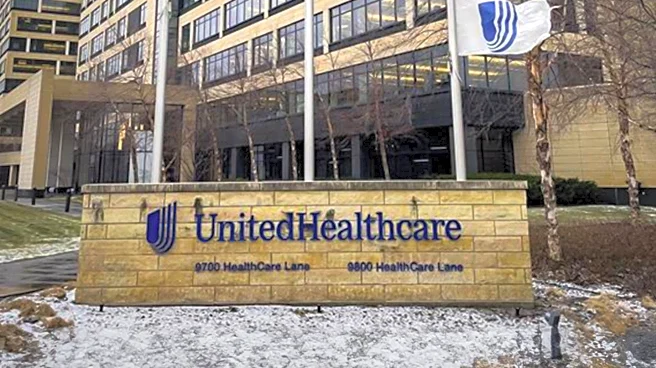What's Happening?
Many residents of Pennsylvania who purchase their health insurance through Pennie, the state's Affordable Care Act marketplace, are expected to see an increase in their premiums during the current open
enrollment period. This development comes as part of the annual adjustments in the insurance market, which often reflect changes in healthcare costs and policy adjustments. The report by CBS News Philadelphia highlights the financial implications for consumers who rely on this marketplace for their health coverage.
Why It's Important?
The increase in premiums for Pennie enrollees is significant as it directly impacts the affordability of healthcare for many individuals and families in Pennsylvania. Higher premiums can strain household budgets, especially for those who do not qualify for subsidies or financial assistance. This situation underscores the ongoing challenges in balancing healthcare costs with accessibility and affordability, a critical issue in U.S. healthcare policy. Stakeholders, including policymakers and healthcare advocates, may need to address these rising costs to ensure that healthcare remains accessible to all segments of the population.
What's Next?
As the open enrollment period progresses, consumers will need to evaluate their healthcare options carefully, considering both coverage needs and financial constraints. It is likely that discussions around healthcare affordability will continue, potentially influencing future policy decisions at both the state and federal levels. Stakeholders may advocate for measures to mitigate premium increases or enhance subsidy programs to alleviate the financial burden on consumers.
Beyond the Headlines
The rise in premiums also highlights broader systemic issues within the U.S. healthcare system, such as the need for sustainable cost management and the impact of healthcare inflation. This situation may prompt further debate on healthcare reform and the role of government in regulating insurance markets to protect consumers.










